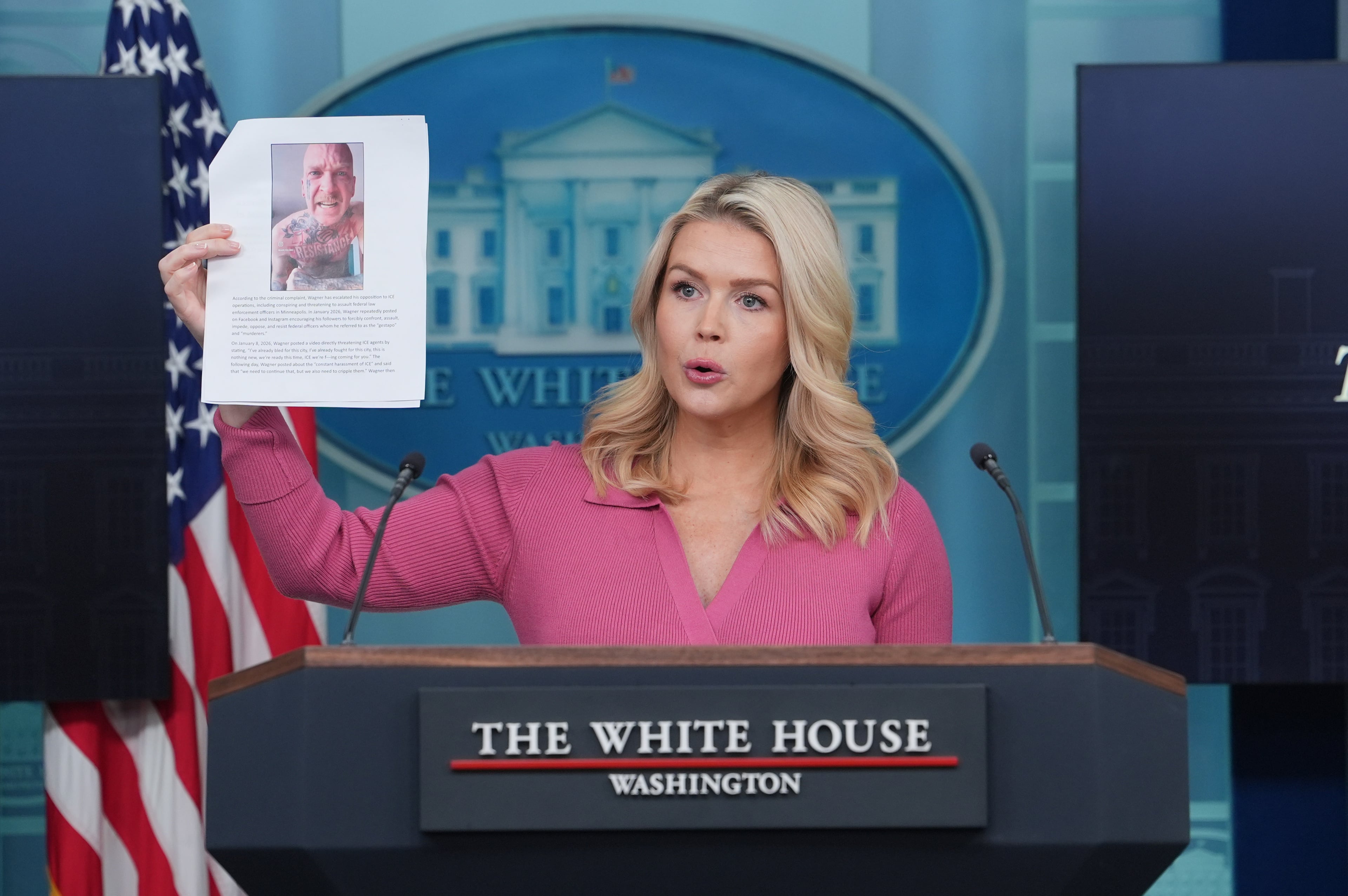Hundreds gather at Georgia Capitol to demand immediate climate action

Hundreds of students and adults converged on the state Capitol Friday afternoon to demand government officials take action on climate change. The crowd, some of whom left school or work to participate in the event, joined protesters around the world who took part in the Youth Climate Strike, the youth-led climate movement inspired by 16-year-old Swedish activist Greta Thunberg.
>> READ MORE: Metro students prepare to protest, disrupt in call for climate action
Officials estimated at least 200 people attended the Atlanta strike which touched on a range of environmental issues from renewable energy to the importance of plant-based diets. In addition to a series of youth speakers, several politicians including Senate hopefuls Jon Ossoff and Ted Terry made appearances at the event.
The international movement is being billed as possibly the largest climate demonstration ever, with protests expected in 150 countries at 2,500 locations, including several in Georgia. Friday’s climate strikes, and another set for next Friday, Sept. 27, coincide with the upcoming United Nations Youth Climate Summit on Saturday and continuing through the United Nations Climate Action Summit which begins Tuesday.

Leaders of Georgia’s youth actions have published a list of environmental policies they want state lawmakers to approve including reductions in greenhouse gas emissions and further protections for forests and wildlife.
Marching from Atlanta City Hall to the Capitol, protesters carried signs with slogans reading “Denial is not a policy” and “Kill the humans save the forest.” The crowd included students from across metro Atlanta, including about 50 students from Decatur High School.
>> RELATED: How teachers bring climate science into the classroom
“We recognize this is an urgent problem that is not going to stop until something happens,” said Lily Mae Barcik, 14, a freshman at Decatur High who also attended a previous climate strike as a middle school student.
“We are trying to use what power we have,” said Melissa Mauldin, 14, also a freshman. “At events like this with so many of us, it is definitely making an impact,” she said.

Even the youngest children in attendance wanted to be sure their voices were heard. Roen Weisinger, 8, told his mother he wanted to attend the strike. “I want to stop global warming. I don’t want the world to heat up and kill all the animals,” he said while carrying a sign that read “I will fight for the earth.”
Some schools in the metro area, including Morningside Elementary in Atlanta, hosted strikes on school grounds to allow students to participate without leaving campus. At Tallulah Montessori on Atlanta’s west side, owners Alex and Heather Wolf, decided to close school for the day to attend the rally with their children, Reanna, 12 and Maya, 4, and other school families. “We knew it would be upsetting to some parents but we got a lot of support,” said Heather Wolf. “All of the families that are allowing us to participate, that is disrupting a system,” said Alex Wolf.
Thunberg, who attended the climate strikes in New York, had asked adults to join young people in protest this time. “We do our little bit, but we have to do more,” said Mildred Retana, 33, of Cumming, who attended with her 9-year-old niece. “It is important for her to see how many people care about the environment.” Retana, who owns a restaurant that uses compostable containers and does not offer plastic straws, said change can be hard but it is necessary.

As the strike got underway, Jairo Garcia, co-chair of the Climate Reality Project and former director of climate policy for the City of Atlanta, noted that despite the city’s commitment to 100% clean energy, there has been little forward movement in the two years since the announcement. “We have to move faster,” Garcia said. “We have the technology and intellect, we just have to get the politicians on board.”
>> RELATED: Homeowners play a role in Atlanta’s Clean Energy Plan
Ted Terry, mayor of Clarkston, who is running for U.S. Senate, told the crowd he fully endorsed the Green New Deal, a Congressional resolution that lays out a plan to help transition from an economy based on fossil fuel to one based on clean energy as well as address issues of inequality. Jon Ossoff said it was time for young people to make their voices heard. "Our elected officials are bought and paid for by the fossil fuel industry," he said.
Other speakers urged the young people in the crowd to educate themselves about issues such as coal ash and renewable energy and suggested they devote 15 minutes to reading the Green New Deal.

Hannah Testa, a 16-year-old environmental activist from Cumming, called on the crowd to vote for elected officials that would take action on the climate crisis. “We should not have to fight to have our voices heard by politicians,” she said from the steps of the Capitol. “We should not have to fight our own government to protect the planet.”
Here’s what the youth are asking of the Georgia General Assembly:
- Legislate greenhouse gas emission reductions of 65% by 2030, reaching net zero emissions by 2040.
- Separation of Oil and State: Reject all new fossil fuel extraction or transportation projects, eliminate fossil fuel subsidies and price pollution.
- Environmental Rights: This would include, but is not limited to, the right to safe air, clean water, and healthy soil.
- Indigenous Rights: Commit to the United Nations Declaration on the Rights of Indigenous Peoples in full.
- Conservation of Biodiversity: Maintain and protect our forests, reduce habitat fragmentation, and strengthen the protection of at-risk species.
- Protection for Vulnerable Groups: Recognize America's disproportionate role in the climate crisis and subsequent responsibility for the protection of the most vulnerable. Provide climate aid to lower and middle-income countries which disproportionately experience the impacts of the climate crisis
Source: Atlanta Youth Climate Strike, The Action Network
More Stories
The Latest


